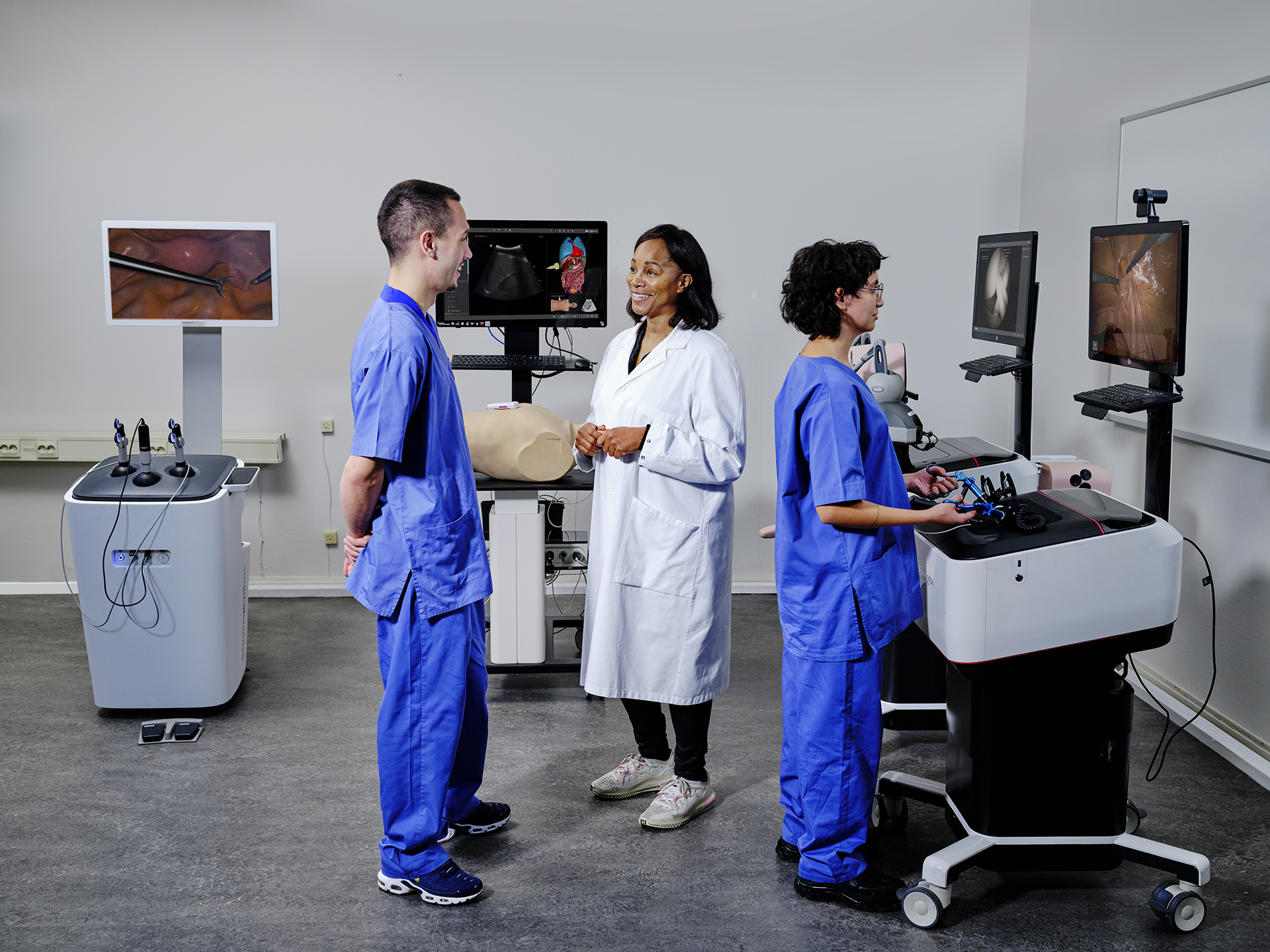Upper and Lower GI Endoscopy Training Simulation
The GI Mentor™ is the gold standard simulator for the training of gastrointestinal upper and lower endoscopic procedures, offering a comprehensive library of modules with more than 120 tasks and virtual patient cases. The simulator provides multiple training opportunities with true to life patient cases offering realistic scenarios of clinical situations, ranging from simple diagnostic procedures to advanced ERCP and Endoscopic Ultrasound (EUS) procedures.
Original Colonoscope and Duodenoscope have been customized to provide realistic simulation including tactile sensations and various endoscopic tools. The GI Mentor provides an excellent environment for practicing clinical procedures in a safe and realistic manner.
The GI-BRONCH Mentor platform offers a combined system for the training of both GI Endoscopy and Flexible Bronchoscopy.
The most comprehensive hands-on training for upper and lower GI endoscopy, with over 100 tasks and diagnostic / therapeutic virtual patient cases.
Book
A Virtual Demo
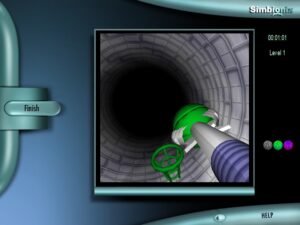
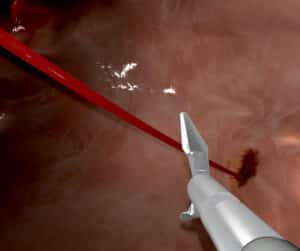
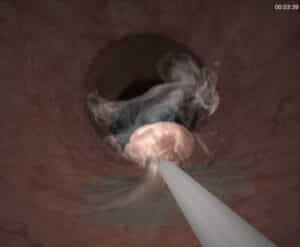
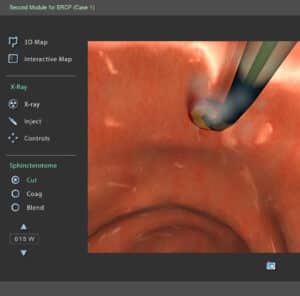
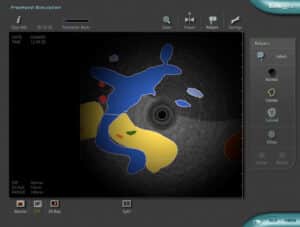
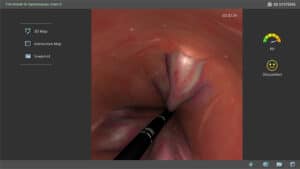
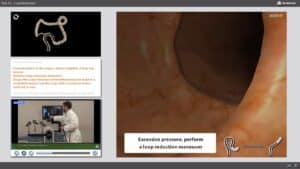
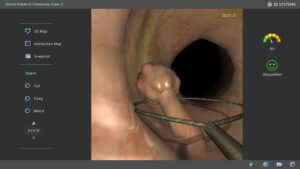
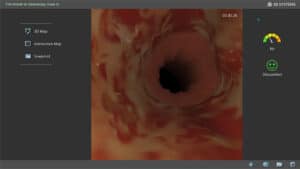
The portable GI Mentor Express is a table-top training platform that offers true-to-life
simulation training using an actual endoscope.
Khouli, Y., Belhaj, K., Khoury, J., & Patel, B. (2021). PTU-79 Development of a Virtual Reality Training Curriculum for ERCP.Khouli, Y., Belhaj, K., Khoury, J., & Patel, B. (2021). PTU-79 Development of a Virtual Reality Training Curriculum for ERCP.
Lineberry, M., Park, Y. S., Hennessy, S. A., & Ritter, E. M. (2020). The Fundamentals of Endoscopic Surgery (FES) skills test: factors associated with first-attempt scores and pass rate. Surgical endoscopy, 34, 3633-3643.
Piskorz, M. M., Wonaga, A., Bortot, L., Linares, M. E., Araya, V., Olmos, J. I., … & Olmos, J. A. (2020). Impact of a virtual endoscopy training curriculum in novice endoscopists: first experience in Argentina. Digestive Diseases and Sciences, 65, 3072-3078.
Weis, J. J., Scott, D. J., Busato, L., & Hennessy, S. A. (2020). FES exam outcomes in year two of a proficiency-based endoscopic skills curriculum. Surgical endoscopy, 34, 961-966.
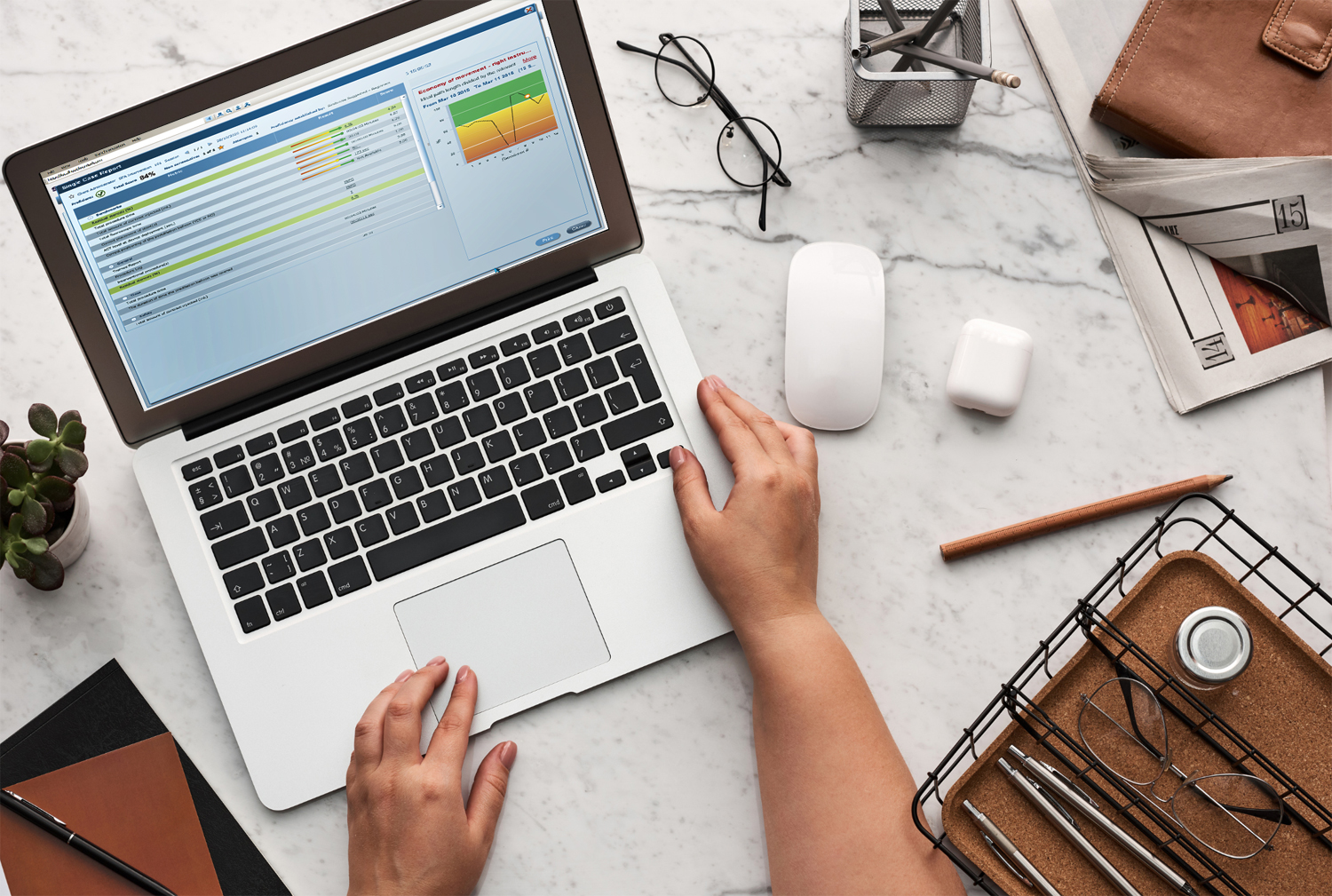
At Phantasim, we offer an aftercare package to ensure our friendly support team can offer assistance should you incur an issue with your simulator or modules. Phantasim are based in Western Australia, however your aftercare package allows us to remotely access your simulator via satellite and resolve any issues remotely. Should your simulator require hands-on assessment, our support team will visit your facility anywhere within Australia or New Zealand to appraise your simulator and provide a solution.

Whether you’re in Australia or New Zealand, our team at Phantasim are your surgical simulation partners. Our dedicated team handle distribution, maintenance, and ongoing aftercare for simulation units and modules.
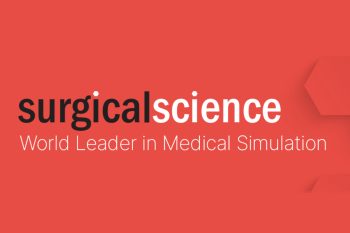
Phantasim are proudly partnered with Surgical Science, who manufacture the simulation units which support the education and growth of medical professionals across the globe.
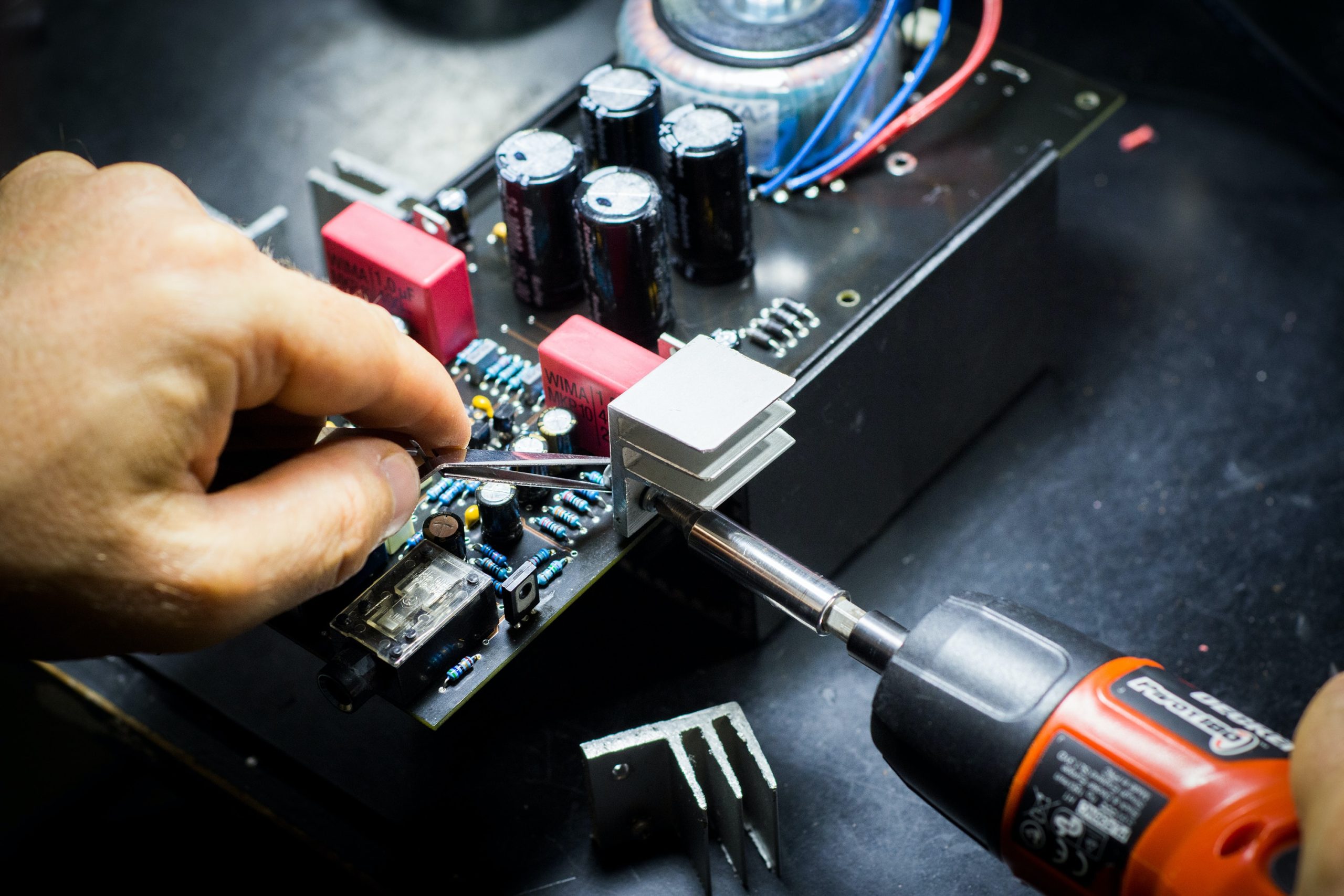
Our aftercare team at Phantasim are just a phone call away. Once you’ve received your simulator, we will visit your facility for installation and analysis as well as provide ongoing aftercare and support.
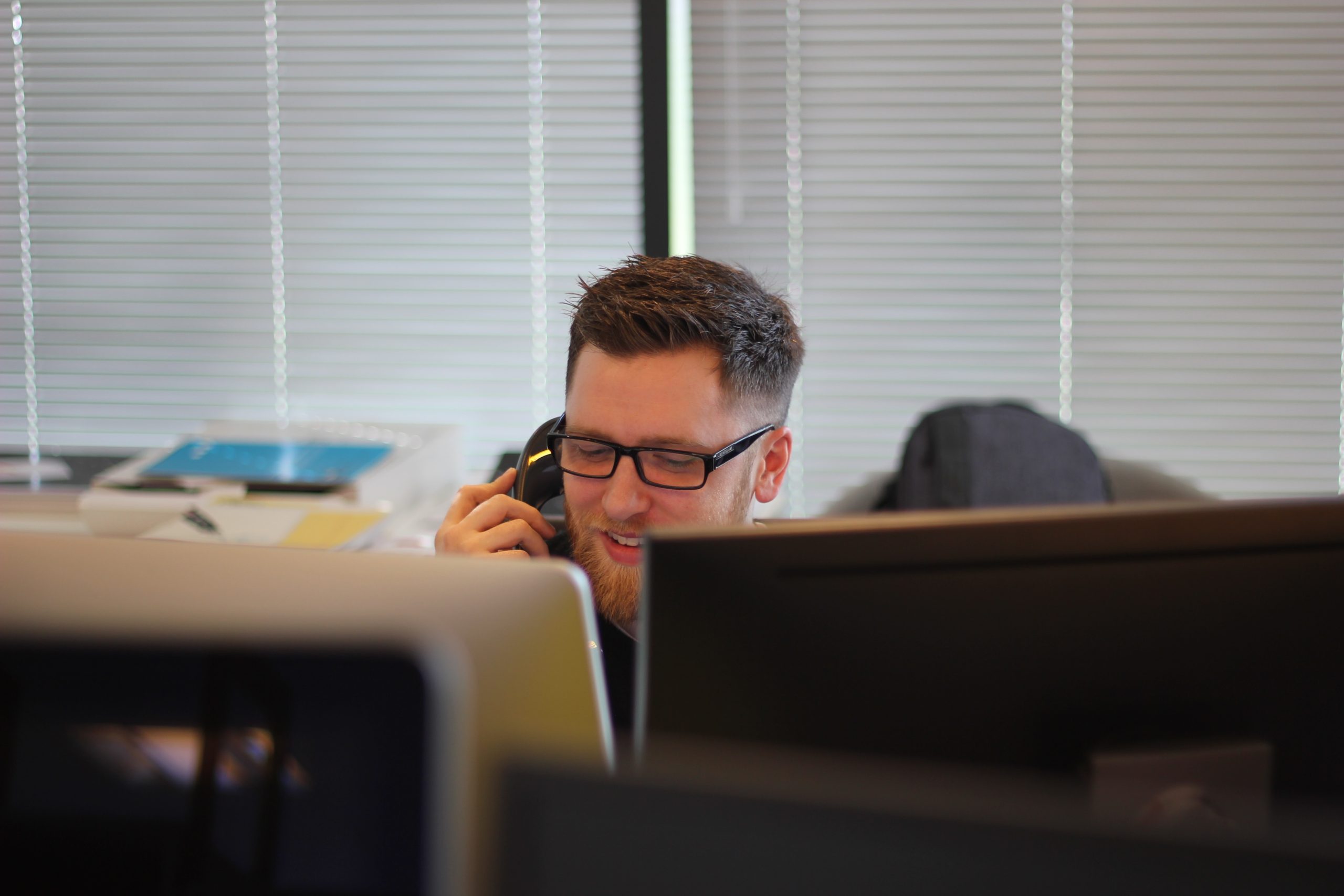
Each simulator has remote access capabilities, allowing our team to assess any issues or irregular activities from any location. Alternatively, our support team can visit your facility as part of your aftercare package.
Barry T. Katzen, M.D., FACR, FACC, FSIR
Director
Cardiovascular Center and department of Internal Medicine, Sankt Katharinen, Frankfurt Germany
“
We have been very interested in improving patient care through learning and essentially rehearsing the procedures before we treat the patients.
Horst Sievert MD PhD
Director
Cardiovascular Center and department of Internal Medicine, Sankt Katharinen, Frankfurt Germany
“
Simulators will have a place in the future to plan a procedure.
Prof. Michael Glikson
Director of Electrophysiology and Pacing
Sheba Medical Center, Israel
“
I remember my days as a new intern….the first cases I performed were very difficult and it was a scary experience, since it takes between 10-20 procedures until you really feel that you are proficient.
Dr Thomas Bossmar, MD, PhD
Consultant at the Women's Clinic and Practicum
SuS in Lund
“
I want to emphatically state that simulated laparoscopic training with LapSim should be a cornerstone of surgeon training and absolutely contributes to patient safety.
Clinical simulation training allows students in the medical field to practice their skills in an authentic, safe, simulation environment. Simulation-based training provides a great opportunity for students to increase their knowledge in both technical and non-technical procedures, with built-in software providing feedback and guidance along the way. Students can practice, learn, and increase their surgical skills with peace of mind knowing they’re safely practicing without risking the life of a live patient.
Absolutely. Simulation training allows medical professionals to practice their skills via virtual reality without risking the safety of a live patient. They also have the benefit of reducing the demand on supervision time which leads to more skilled and confident medical professionals. Whilst using the simulator, real time guidance and feedback is provided with the software so any mistakes made are recognised instantly.
Universities throughout Australia and New Zealand would greatly benefit from investing in a surgical simulator for their students studying in the medical industry. This advanced tool allows students to gain the knowledge and skills necessary to move into their preferred field with both confidence and competence.
A human patient simulator typically ranges in price from $10,000 to $100,000 depending on the type, brand, features, and included support services.
